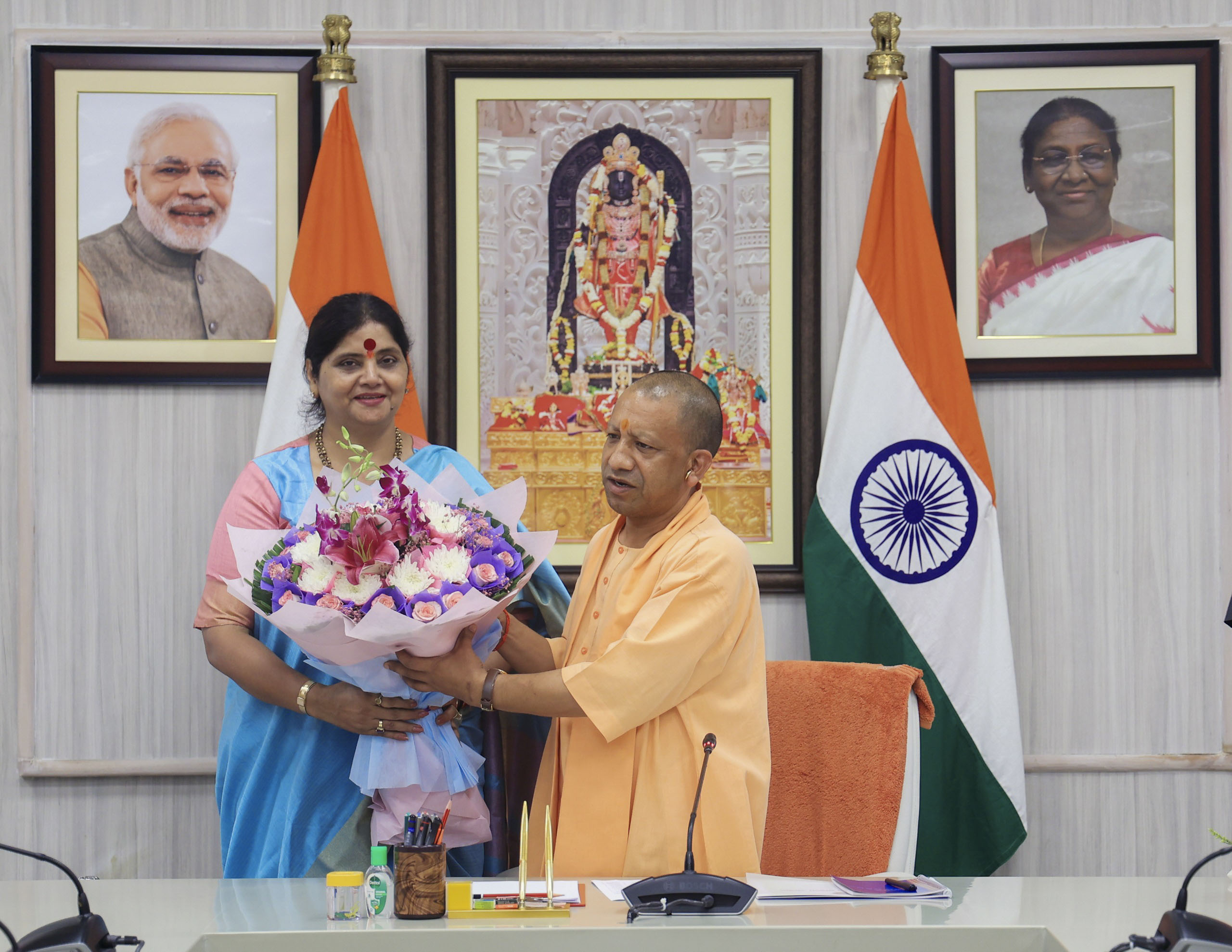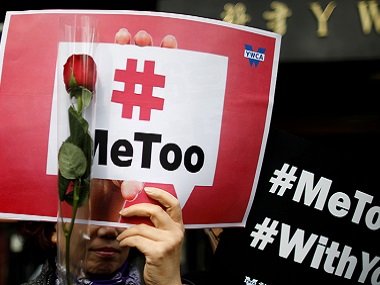)
India lags in implementation, not laws on sexual harassment; #MeToo movement highlights need for better enforcement
FirstpostFrom the #MeToo movement, we must grasp the magnitude and seriousness of sexual harassment cases, which prevail even though there are seemingly strict provisions under the law. It defined sexual harassment as * An implied or explicit promise of preferential treatment in her employment * An implied or explicit promise of detrimental treatment in her employment * An implied or explicit threat about her present or future employment status * Interference with her work or creating an intimidating/offensive/hostile work environment * Humiliating treatment that is likely to affect health or safety After the Vishakha case, in 1999, the case of Apparel Export Promotion Council versus AK Chopra took the media by storm by recognising that sexual harassment interferes with the performance of a female employee at work and creates an intimidating and hostile environment for her to work in. To protect a person’s rights, the judiciary must strengthen the enforcement of sexual harassment laws, and private and public organisations must be held accountable for the way they tackle incidents of sexual misconduct. The Ministry of Women and Child Development has launched SHe-Box — Sexual Harassment Electronic Box — that allows female employees to complain against their harasser and also helps raise the matter with the Internal Complaints Committee of a company or the Local Complaints Committee.
History of this topic

What’s behind India’s latest #MeToo movement in Malayalam cinema?
Al Jazeera
The stickiness of sexual harassment
Hindustan Times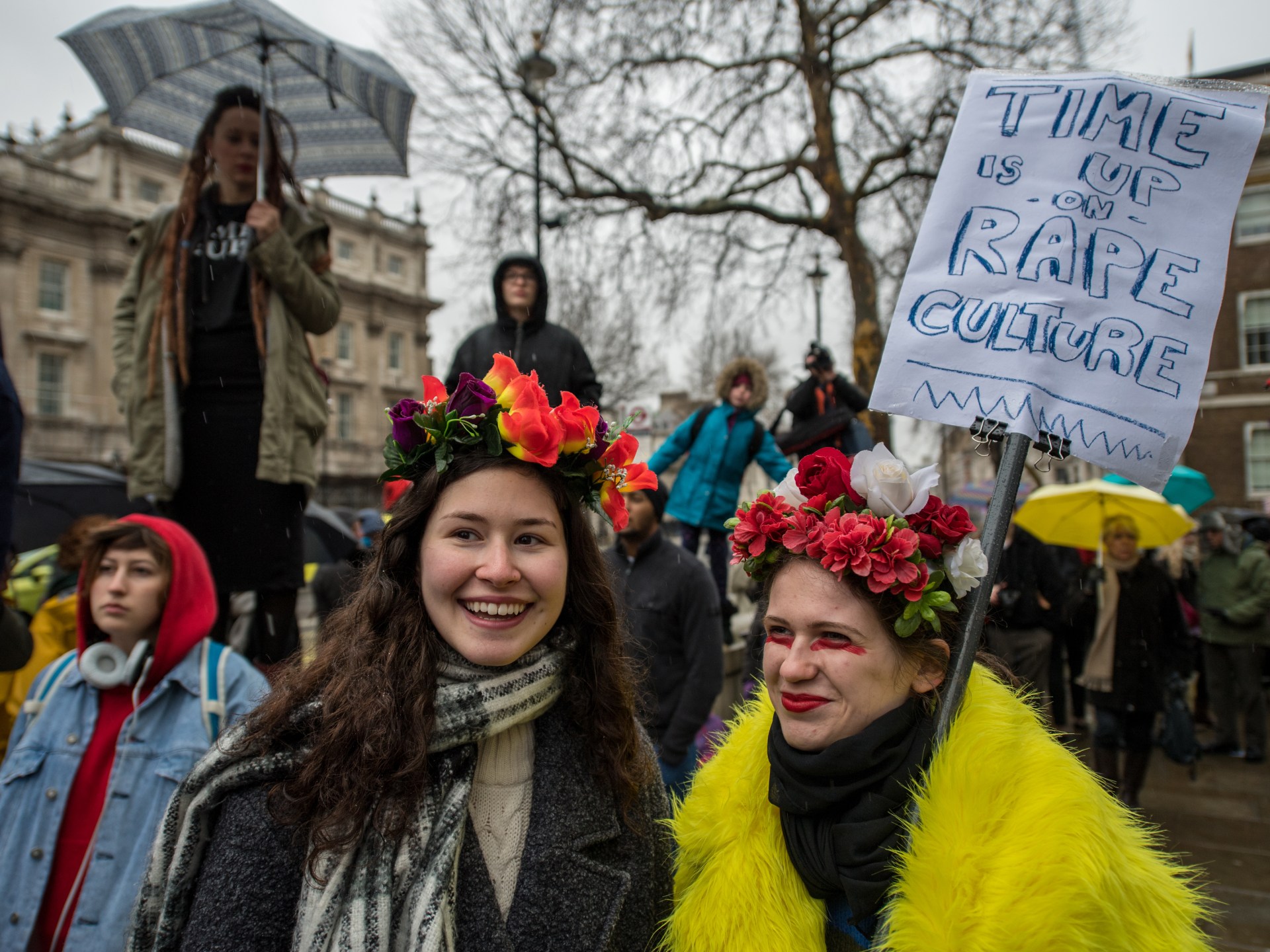
#MeToo movement, it turns out, was just a fleeting moment
Al Jazeera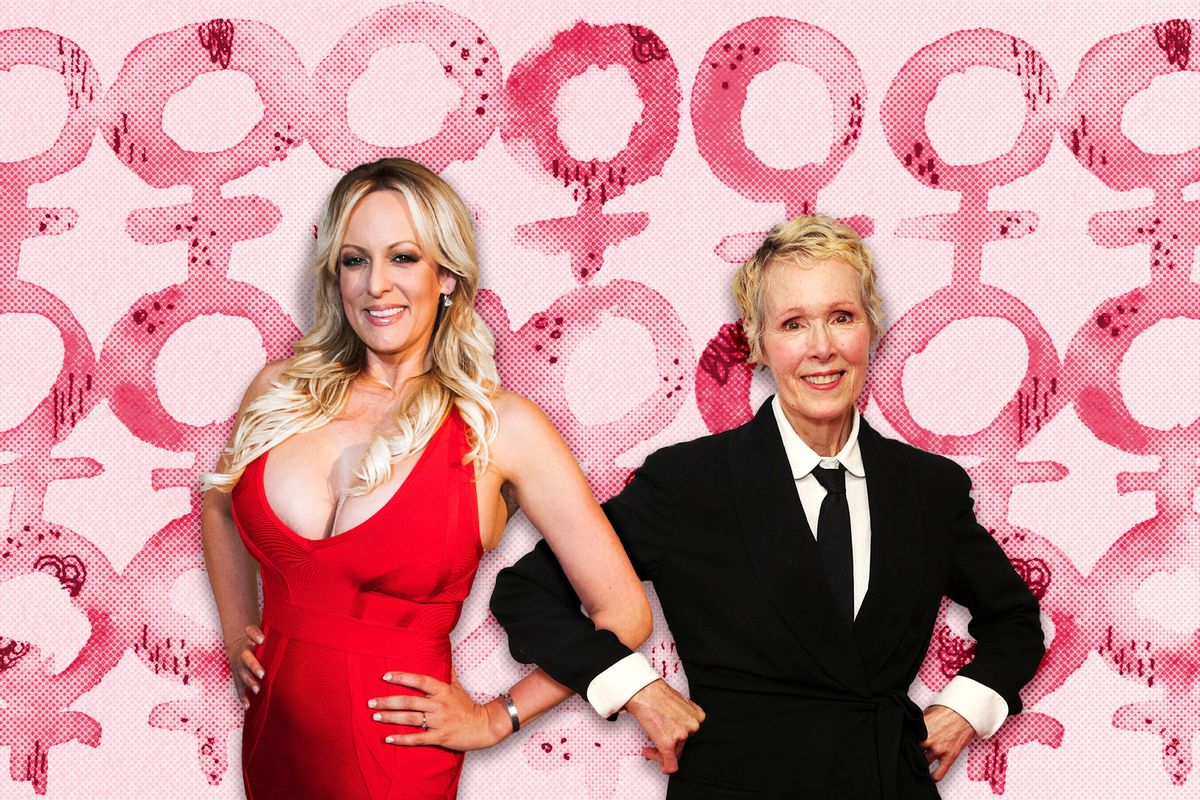
Women started the anti-Trump resistance — and it's women who are the first to hold him accountable
Salon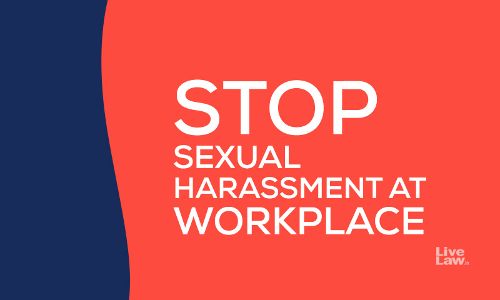
Why The Workplace Sexual Harassment Law In India Is Focused On Women?
Live Law
Column: Haunted by untold stories, five years after #MeToo
LA Times
Where the #MeToo movement stands, 5 years after Weinstein allegations came to light
NPR
Four Years After #MeToo in China: Shrinking Digital Space for Change
The Diplomat
Alyssa Milano: women 'refusing to be silenced' since MeToo
Daily Mail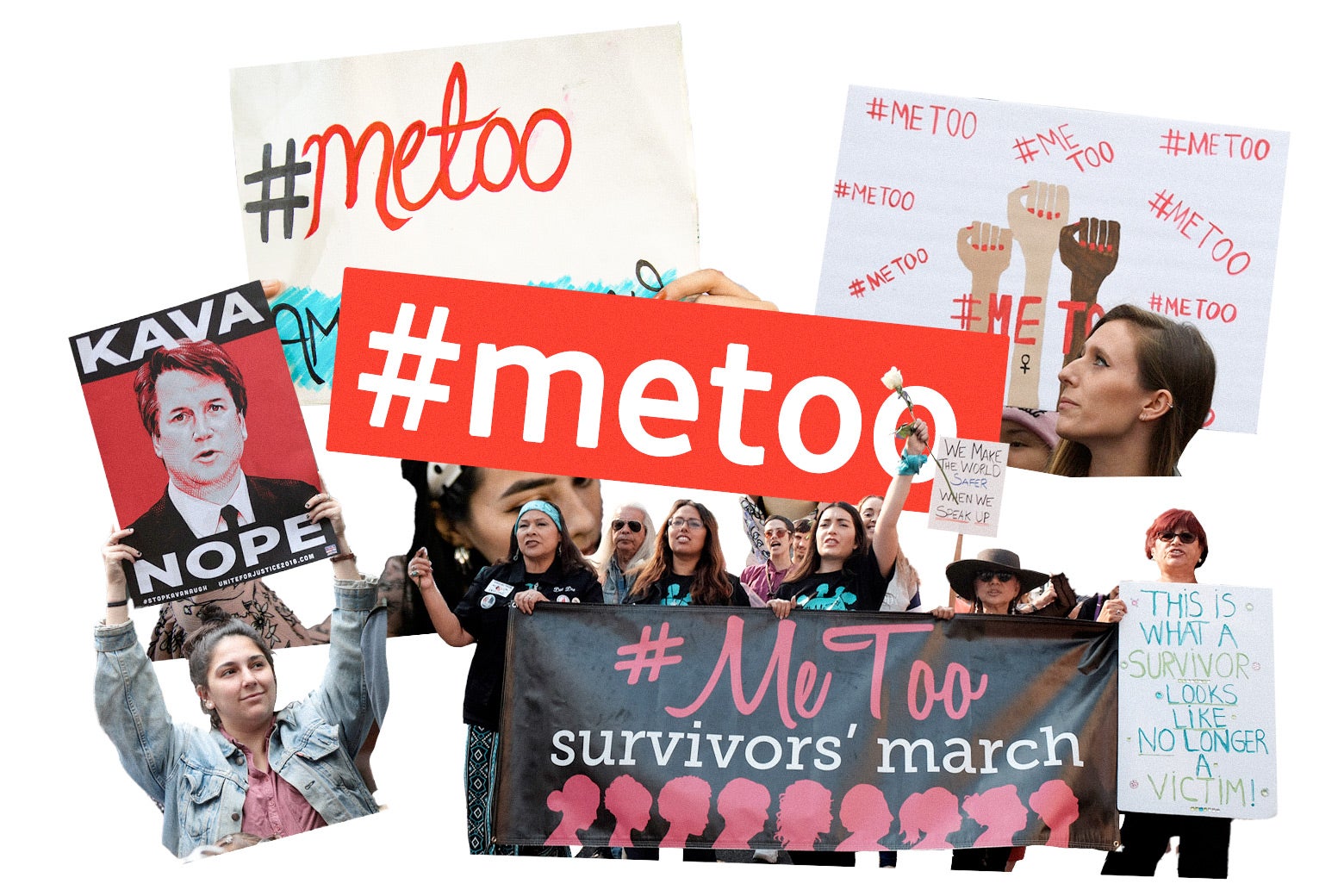
The Parts of #MeToo That Still Endure
Slate)
Explained: How the #MeToo movement helped women around the world
Firstpost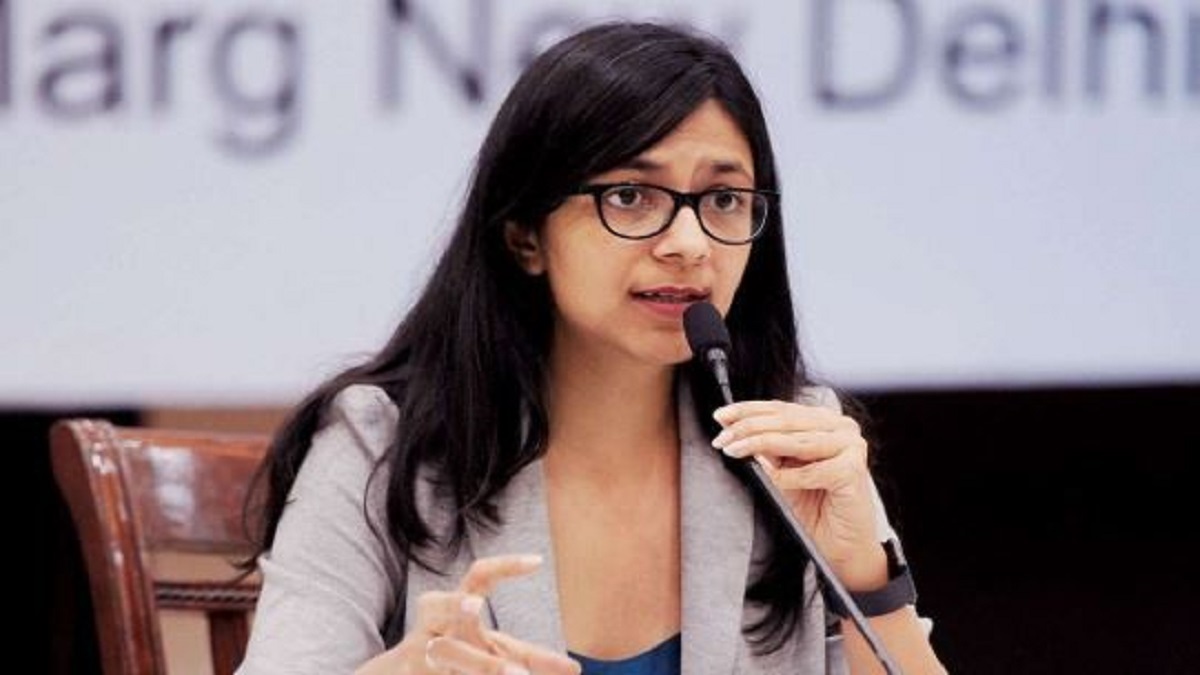
DCW seeks strict implementation of law against sexual harassment of women at workplace
India TV News
With the release of Beyond #MeToo by Dr Tanushree Ghosh, a rational storm begins
Deccan Chronicle
Will academia ever have its #MeToo moment?
Al Jazeera
#MeToo Take 2? Movement’s strength hailed amid Cuomo fallout
The Independent
Cuomo’s fall, #MeToo and the ‘disposables’
Al Jazeera
Never Have I Ever’s Poorna Jagannathan: ‘I love the ferocity of the MeToo movement in India’
The Independent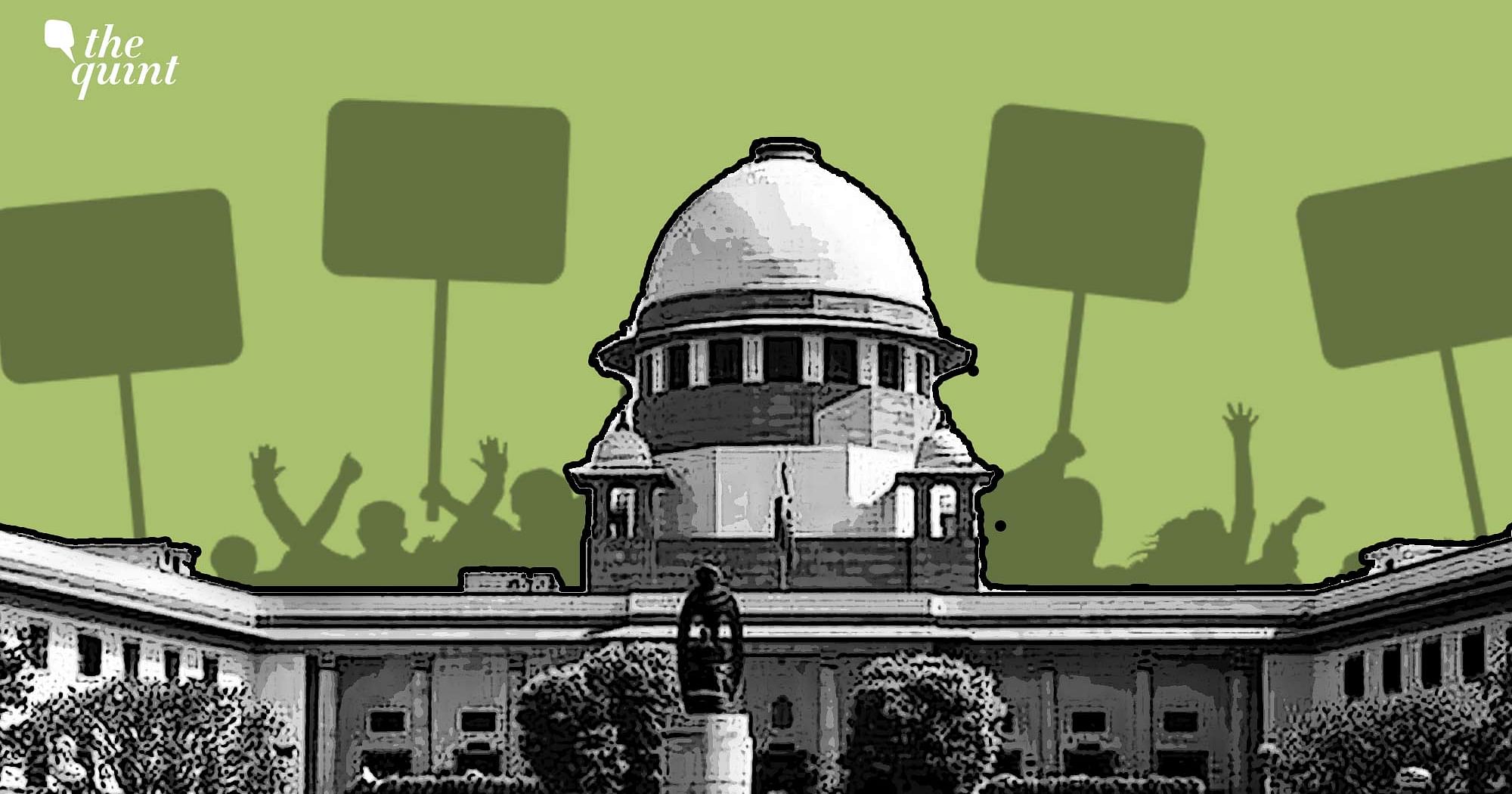
Can India's Supreme Court Ride out the Pegasus Scandal?
The QuintHollywood since the #MeToo Movement
The Hindu)
When Sushmita Sen Recounted Her #MeToo Incident of Being Touched Inappropriately by a 15-year-old
News 18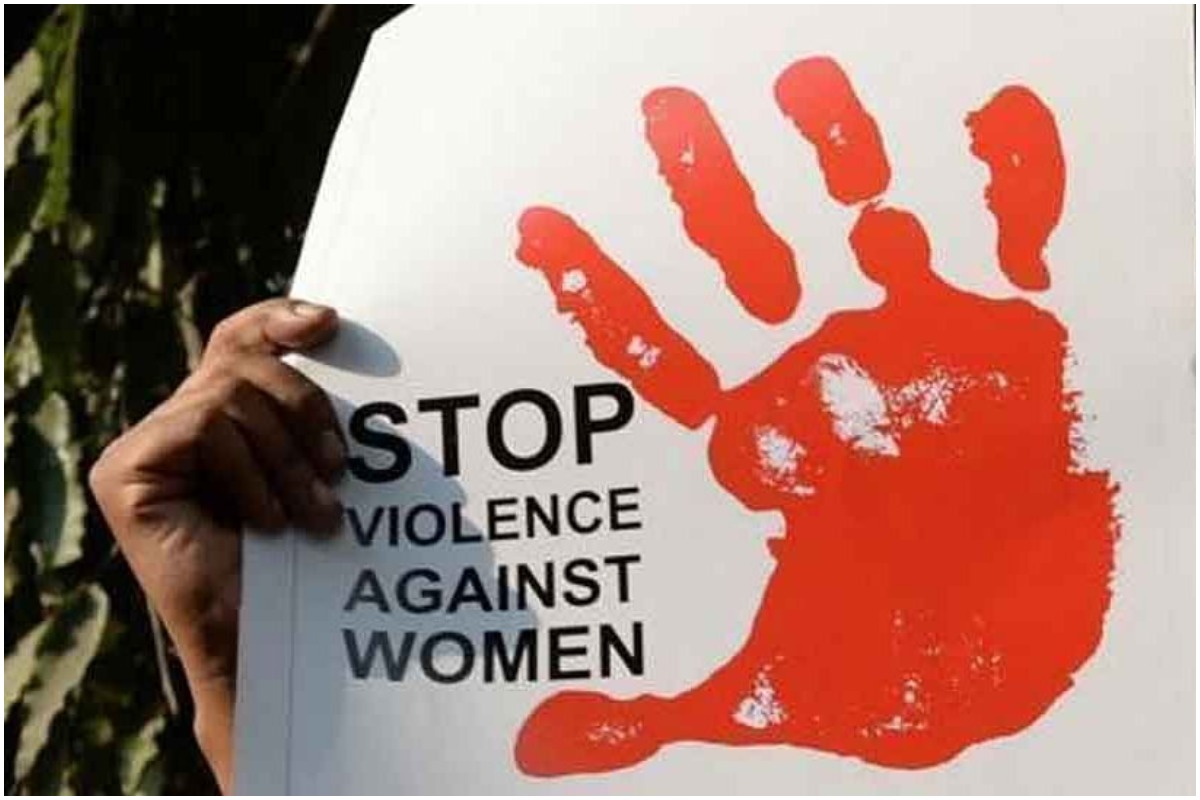)
When We Refer to #MeToo as a Movement, We Become Complicit in Diminishing Its Efficacy: Ghazala Wahab
News 18
Re-establishing the relevance of #MeToo
Deccan Chronicle
After the landmark #MeToo case, will women finally speak up?
Live Mint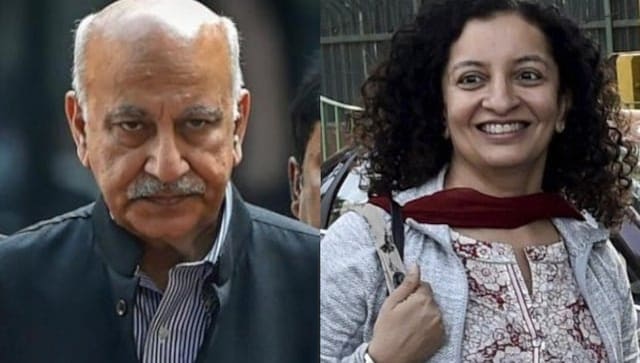)
Full text: Priya Ramani acquitted in MJ Akbar defamation case; FP report cited in verdict
Firstpost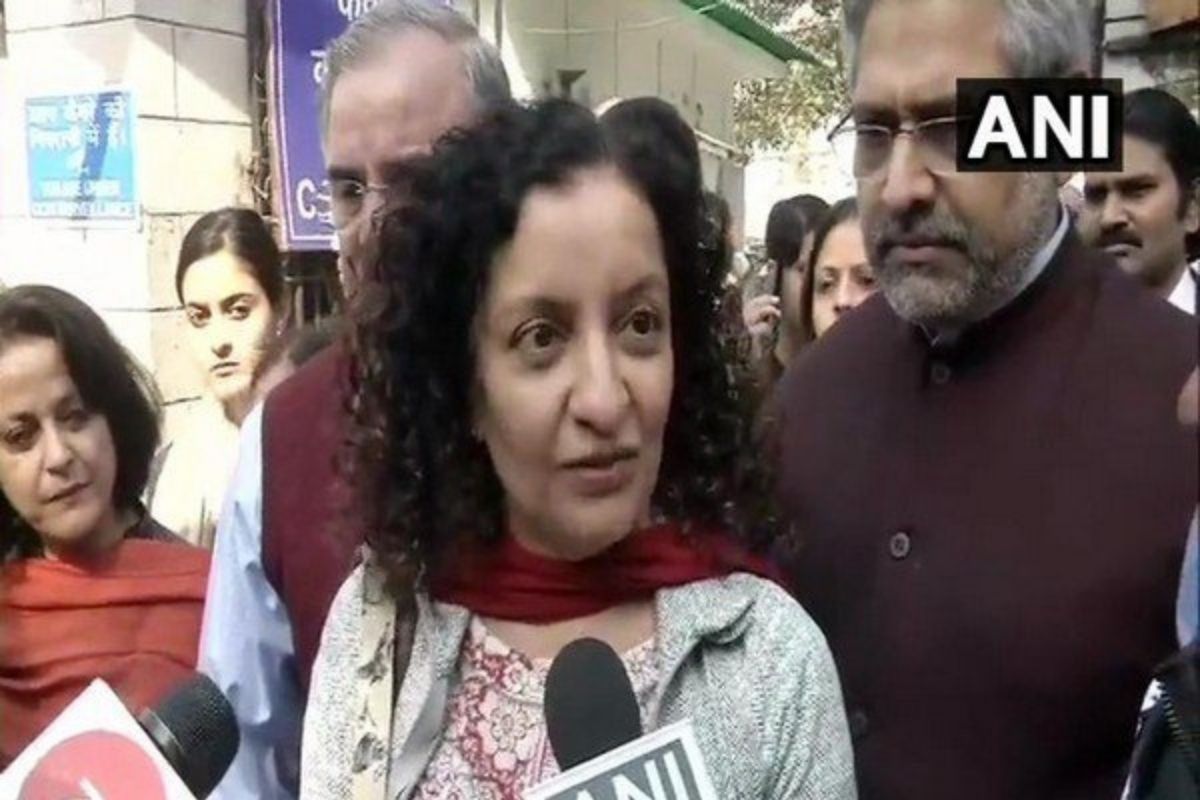)
#Metoo: I Was the Victim Who Had to Stand up in Court As Accused, Says Elated Priya Ramani
News 18)
MJ Akbar defamation case: 'Right of reputation not at the cost of right to dignity,' rules court
Firstpost)
Priya Ramani acquitted in MJ Akbar defamation case: 'Happy and proud', 'watershed moment'; journalists hail Delhi court's verdict
Firstpost
#MeToo: Priya Ramani acquitted in MJ Akbar defamation case
Live Mint
'We won this': Twitter hails Priya Ramani's acquittal in MJ Akbar's #MeToo defamation case
India Today
#MeToo: What Priya Ramani said after acquittal in MJ Akbar defamation case
India Today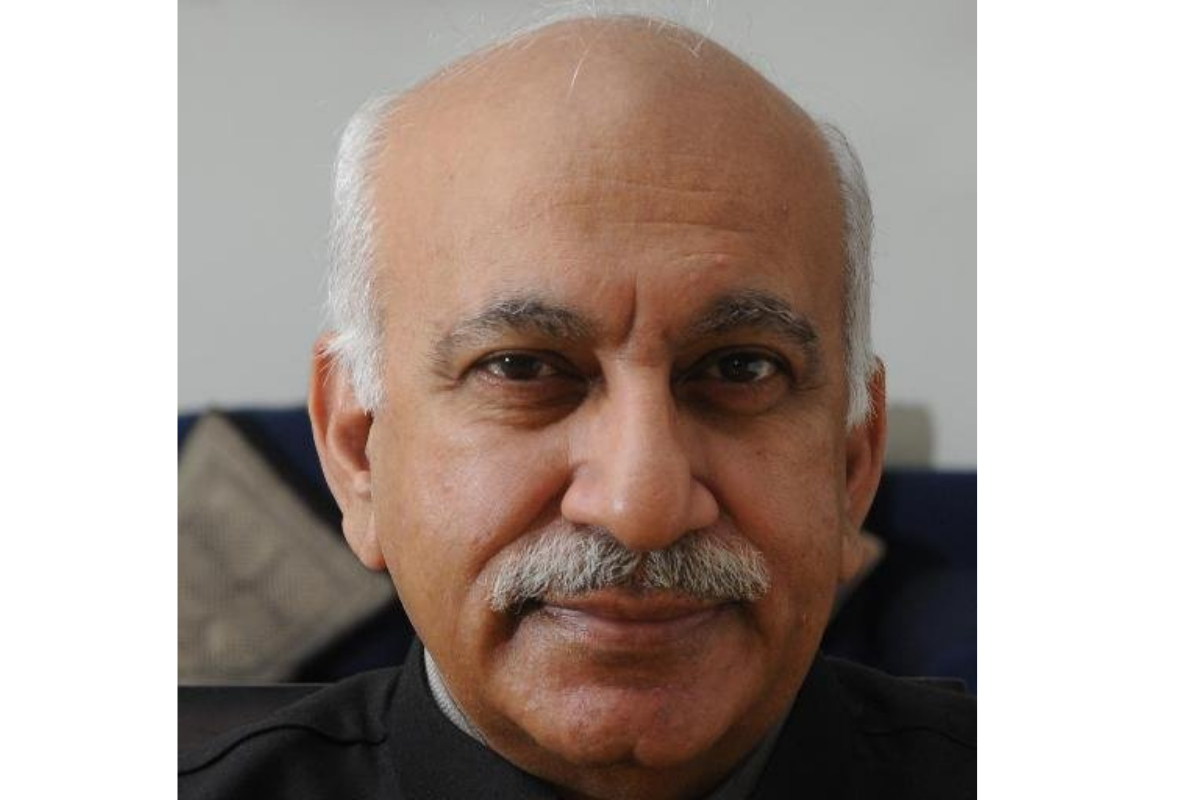)
#MeToo: Ramani's Allegations of Sexual Misconduct False and Fabricated, Akbar Tells Delhi Court
News 18)
MeToo: Priya Ramani Had No Right to Accuse Me of Sexual Harassment as She Had No Proof, Akbar Tells Court
News 18
#MeToo: Women speaking up against MJ Akbar required celebration, Priya Ramani tells court
India Today)
MJ Akbar vs Priya Ramani: Delhi court to resume final hearing in defamation case tomorrow
Firstpost
Time's Up study: Many who report harassment face retaliation
The IndependentIndian women in informal sector 'learn to ignore' sexual abuse at work
The Hindu
Nearly 3 Years Since The Me Too Reckoning, Progress Has Been Slow, Reports Find
Huff Post
Survey: In Hollywood, few believe harassers will be punished
Associated Press)
Selectively targeted by MJ Akbar to halt 'avalanche of allegations' against him, Priya Ramani tells Delhi court
Firstpost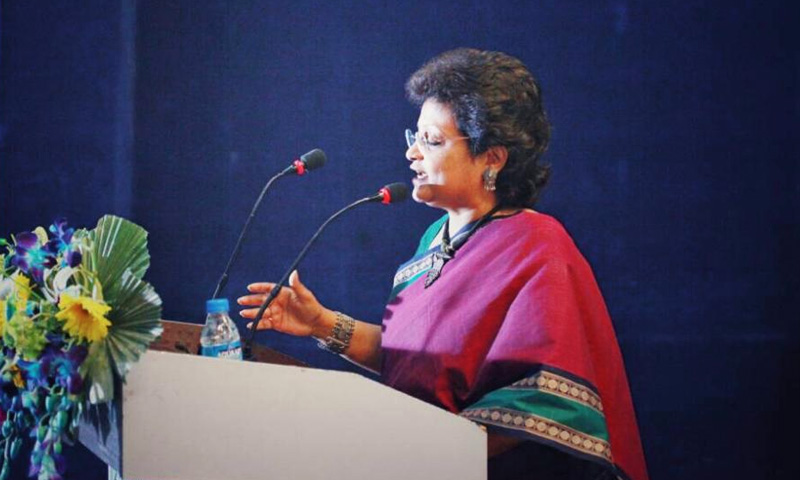
Importance Of The #MeToo Movement Can't Be Contested: Senior Advocate Rebecca John Argues In MJ Akbar's Defamation Case Against Priya Ramani
Live Law
#MeToo in the age of coronavirus
Live Mint
Rajeev Khandelwal shares casting couch horror with top director: ‘He asked me to go to his room which I refused’
Hindustan Times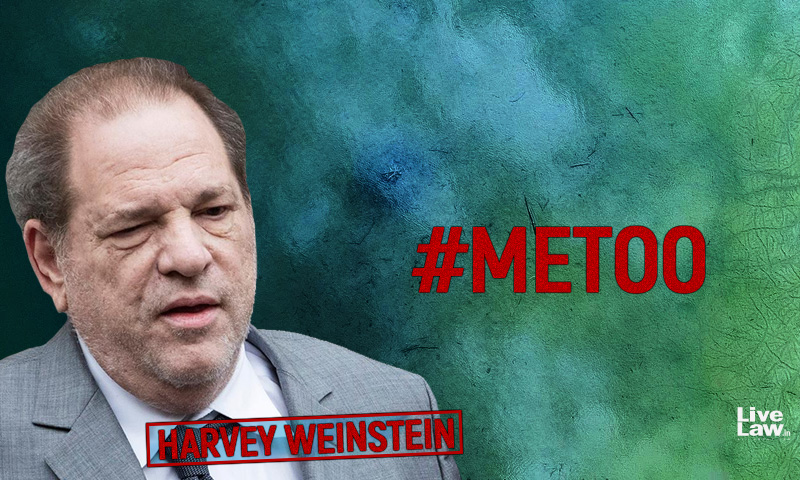
Exploring Corollaries Of The "Me Too" Movement In India
Live Law)
Leena Manimekalai on India's #MeToo movement, fighting defamation case: 'Absolute truth is my absolute defence'
Firstpost
Chinmayi on #MeToo: Women are trained not to retaliate
India Today
#MeToo and the Weinstein verdict: What now for working women?
Al Jazeera
MeToo: Instagram account holder seeks time from HC to settle row with Subodh Gupta
India Today
#MeToo on trial: Will Harvey be convicted?
Deccan Chronicle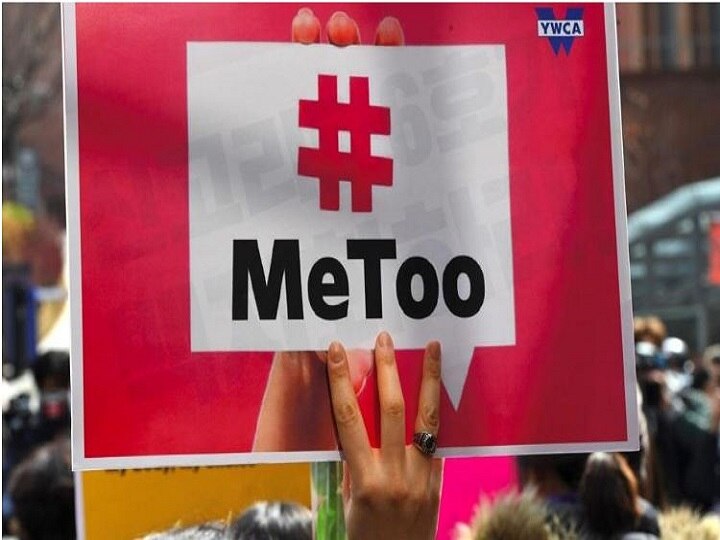
14% Rise In Sex Crime Reporting After MeToo Movement: Study
ABP News
14% rise in sex crime reporting after MeToo movement: Study
India TV NewsDiscover Related














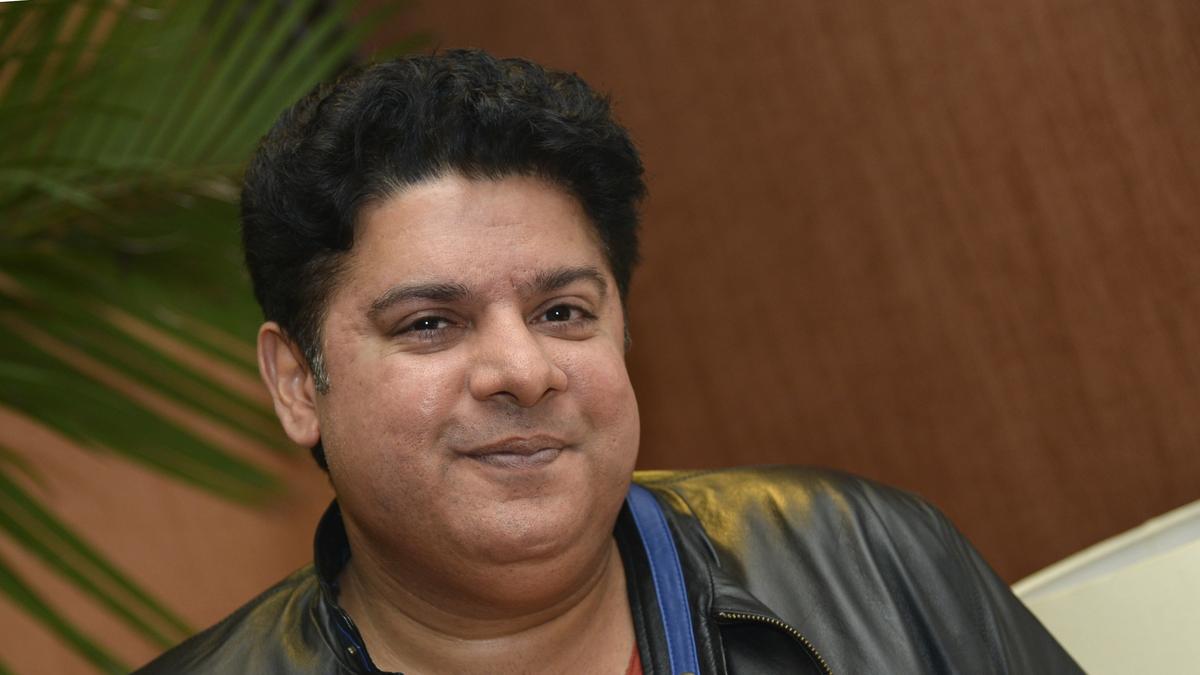











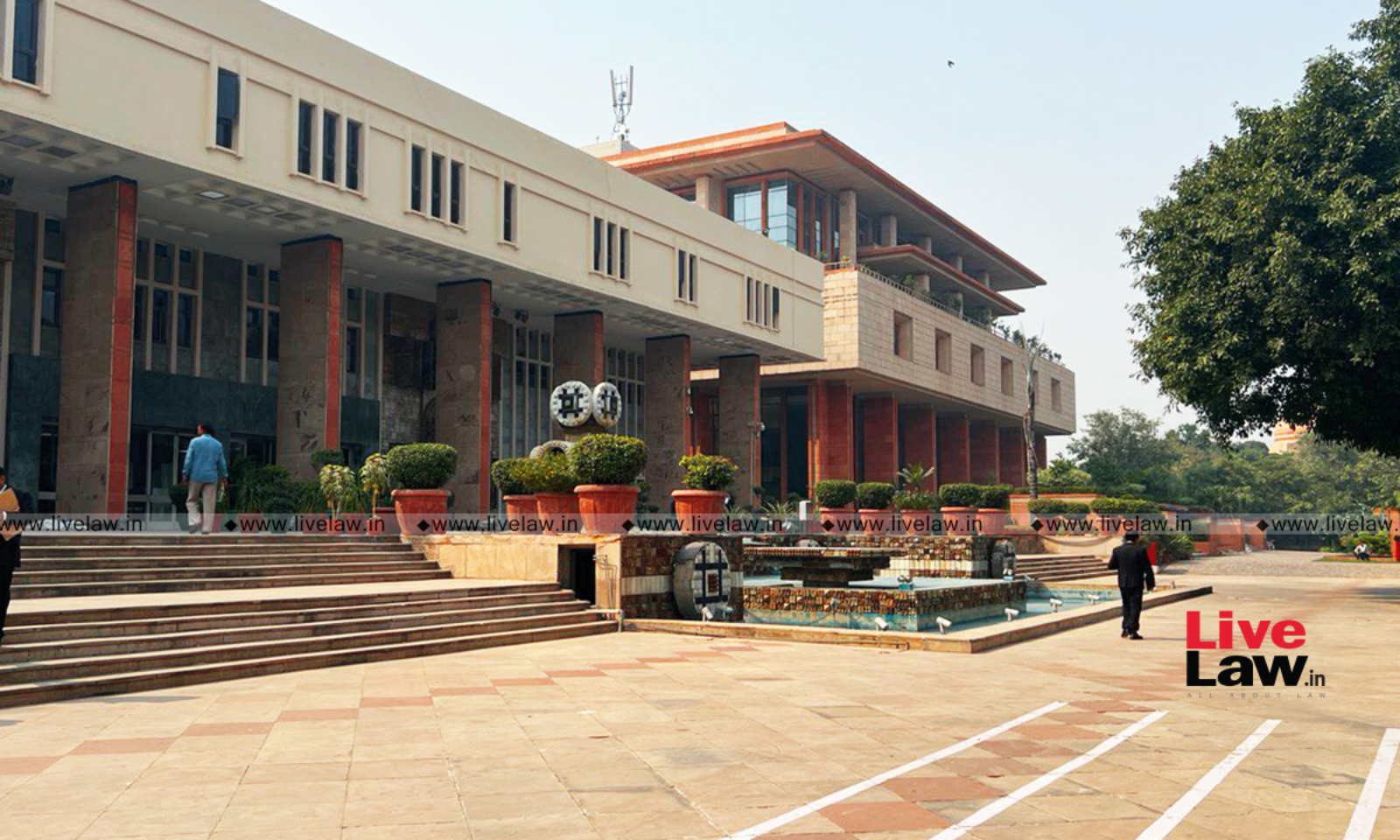



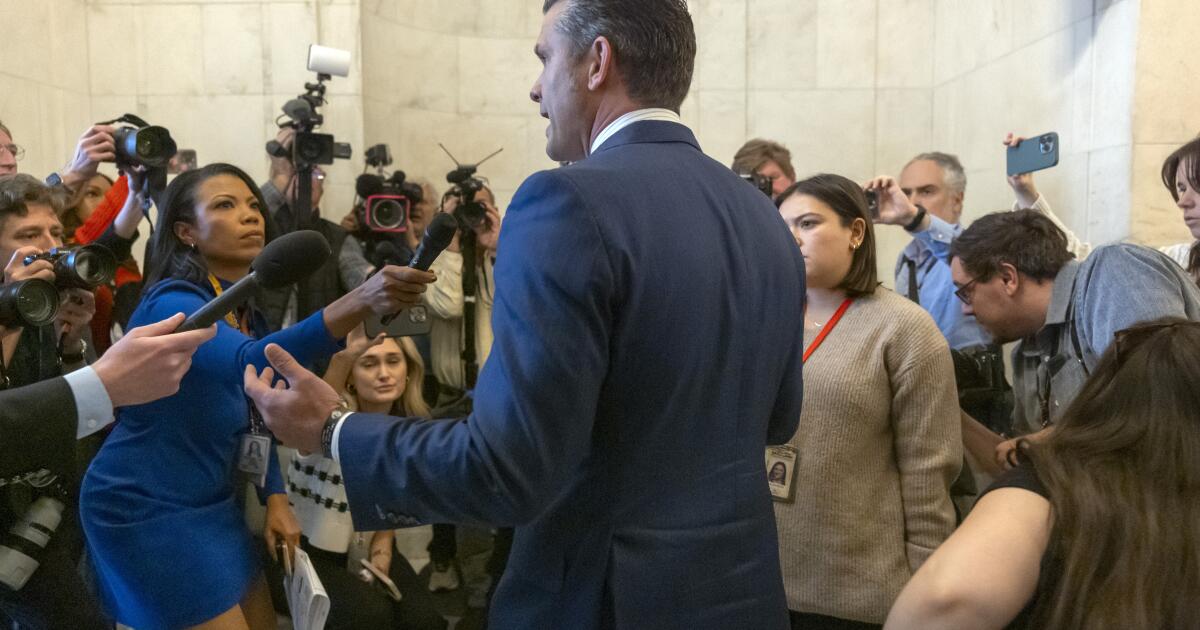
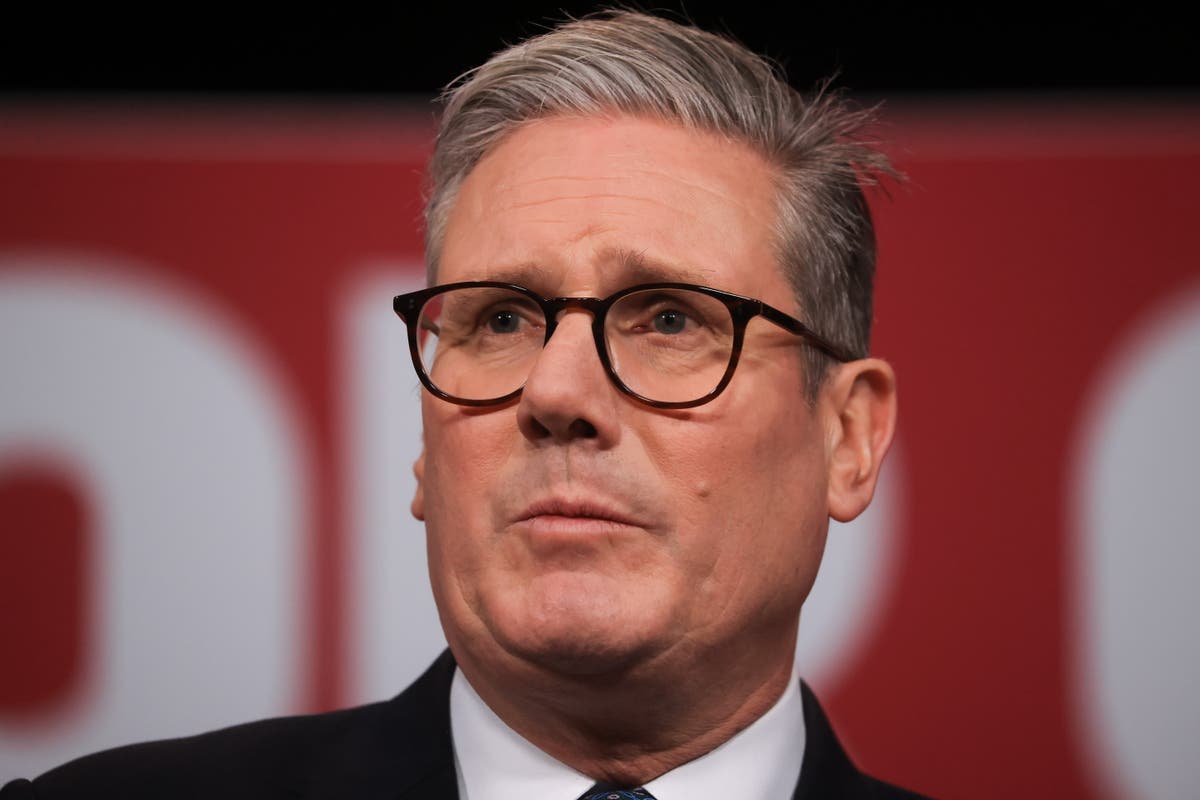




)






